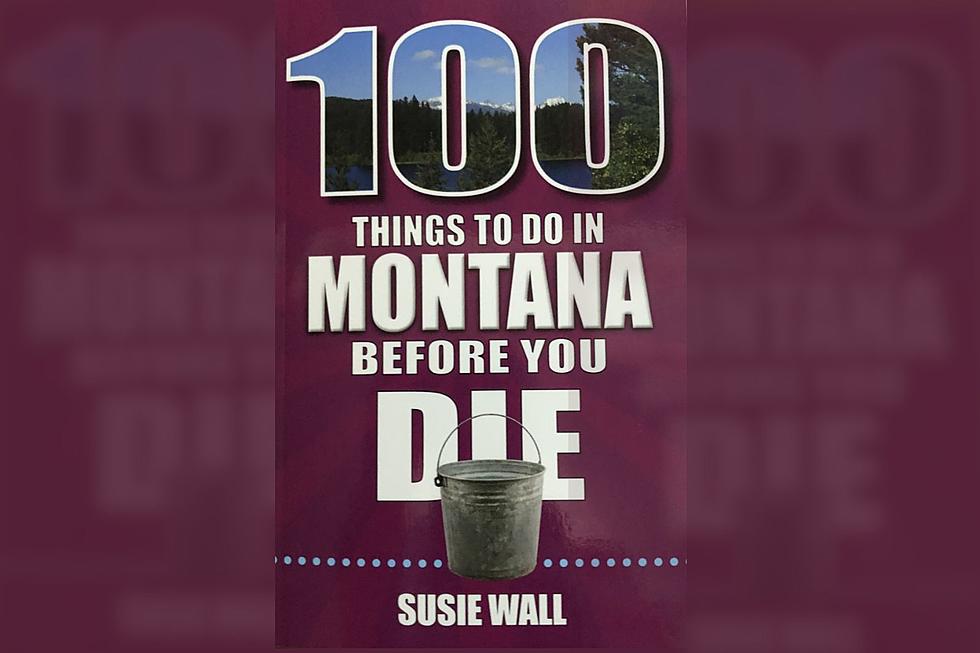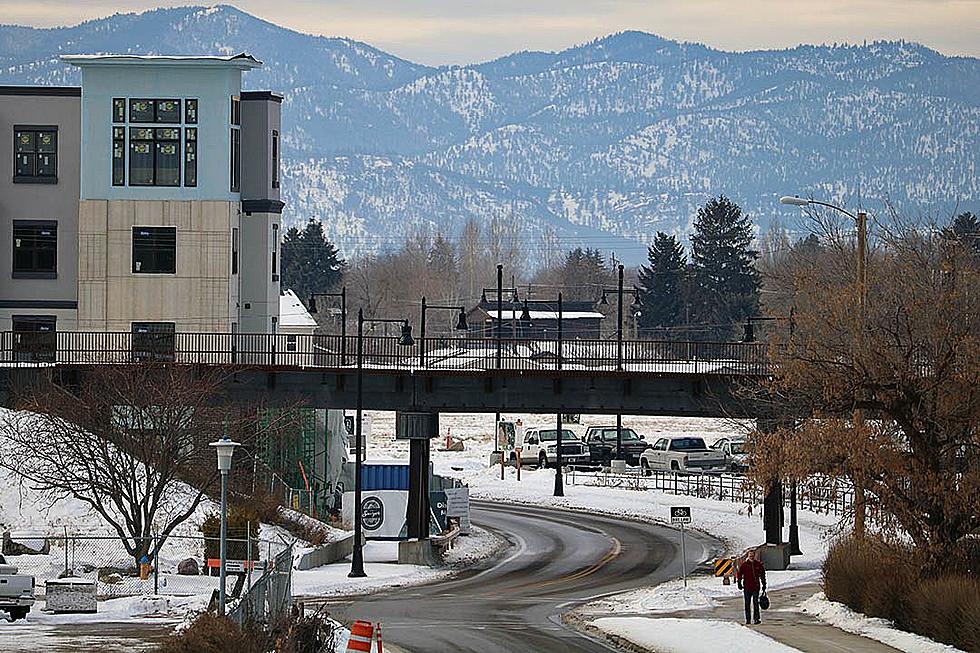
City Council candidate questionnaire: Ward 3 Sam Kulla
(Missoula Current) The Missoula Current sent a candidate questionnaire to all City Council candidates ahead of the General Election in November. Below is the response from Ward 3 council candidate Sam Kulla.
1. While this is a non-partisan race, how do you align politically?
I'm proud to be endorsed by the Missoula County Democrats as well as the Western Montana Democratic Socialists of America.
2. What do you see as the top issues facing the city at this point in time?
Housing costs, homelessness, public safety, spending transparency, and the responsiveness of local government.
3. What would you bring to the table to resolve your top issue?
I offer my representation from a perspective of personal exposure to rising housing prices and other costs as a working renter raising a family, where the outcomes of how this issue is handled have a direct impact on my day-to-day life.
Firstly, I'd advocate for zoning reforms to allow for higher-density housing and infill development. Streamlining the permitting process would expedite construction, reducing costs. Collaborating with local developers and nonprofits is also key in creating affordable housing. Exploring innovative housing models like tiny homes and modular construction, etc, can also drive affordability. Supporting local wage growth is crucial, ensuring residents can afford housing even amidst continually rising costs.
Furthermore, I'd push for transparency in housing-related decisions and engage the community to develop targeted, effective policies that truly address the problem of housing costs.
4. Do you support funding police and fire, and how would you help them gain the resources they need to do their job?
As a former EMT, and as a resident who values the safety of my community intrinsically, I wholeheartedly support funding police and fire services. Ensuring the safety and security of our community is paramount.
To help these departments gain the resources they need, I would advocate for responsible budget allocation and prioritize essential services. I would also explore opportunities for cost-effective solutions and technology to enhance their capabilities.
Engaging with the police and fire departments to understand their specific needs and challenges would be vital in ensuring they have the resources required to perform their jobs effectively and efficiently.
Moreover, I'd work to foster cooperation between these departments and the community they serve, ensuring a safer and more responsive city. In addition to my strong support for funding Police and Fire, I'm also focused on continuing to grow the capacity of "fourth response" services such as those provided by our crisis intervention team and other such responders. A safe community is critical if we hope to solve the pressing issues we are facing.
5. In what way do you support local businesses, both big and small?
I support local businesses, both big and small, by advocating for policies that create a thriving business environment. This includes reducing bureaucratic red tape, streamlining permitting processes, and offering incentives for the kind of growth that will help our city thrive.
I believe in fair competition and ensuring a level playing field for all businesses, whether they are established enterprises or small startups. I would also encourage community engagement, fostering partnerships between local businesses and educational institutions to enhance job opportunities and innovation. It's vital to maintain a supportive environment that enables businesses to flourish, as they are the backbone of our local economy.
6. The city is facing a budget crisis. How would you address it?
To address the city's budget crisis, I would focus on responsible financial management. This includes conducting a thorough review of the current budget to identify areas where we can reduce unnecessary spending or increase efficiency.
I would prioritize essential services like police, fire, and education, ensuring they have the resources they need. Additionally, I would explore opportunities for revenue generation through economic growth, encouraging local business development, and exploring partnerships with neighboring communities.
Our city is also hungry for creative non-tax sources of revenue that can be used to fund crucial programs and services. One of my most popular ideas is to create an optional downtown parking pass that would exempt users from paying for metered parking. Since this would be an optional purchase, the city would be free to use this money at its discretion to fund anything from housing to public safety measures, while simultaneously making it easier for drivers to access downtown businesses without the friction of the parking machines.
7. What areas would you cut to help the city balance its budget next fiscal year?
Balancing the city's budget requires a careful examination of expenditures to ensure we maintain essential services. While identifying specific areas to cut would require a detailed budget analysis, I would aim to minimize any reductions in vital services like public safety, education, and infrastructure.
Instead, I would focus on cost-effective measures, such as improving operational efficiency, exploring shared services with neighboring municipalities, and seeking federal or state grants to supplement our budget. It's essential to approach budget cuts thoughtfully, prioritizing the well-being and needs of our community while maintaining fiscal responsibility.
I'm also in favor of further exploring intermittent (or even one-time) Zero-Base Budgeting as well as implementing performance metrics for city programs where this would be practically feasible and appropriate. While this isn't a one-size-fits-all solution, since many programs simply aren't suited towards this approach, it has potential to tighten the reins on city spending and reclaim money from areas where current funding isn't delivering the intended results.
8. How would you help address homelessness, and how does personal accountability come into play?
Our city needs to work towards securing non-tax funding for expanding and improving services that help people get off the streets, including mental health, addiction, and workforce reentry programs. Once we have scaled these essential services to match demand, we can then reconsider a permanent ban on camping in city limits.
At that point, people struggling with homelessness will have the choice of accepting help through official pathways, or moving on. In the meantime, we need to manage our homeless population with dignity and respect in a manner that encourages them to take part in the operation of their camps, thus providing opportunities for meaningful contribution on a personal level.
9. How can the City of Missoula play a stronger role in supporting businesses and growing jobs?
Missoula's role in supporting businesses and job growth can be strengthened through streamlined regulations, close collaboration with local businesses, and economic incentives such as tax breaks. Investing in infrastructure and workforce development is key, while sustainability initiatives can attract eco-conscious enterprises. Affordable housing should be a priority to accommodate a diverse workforce, and effective marketing can highlight Missoula as an ideal place for businesses to flourish.
10. How would you support housing development in Missoula without turning to subsidies like the Affordable Housing Trust Fund?
Supporting housing development in Missoula without relying solely on the Affordable Housing Trust Fund involves fostering a favorable business environment. We can achieve this by streamlining permitting processes, reducing regulatory barriers, and providing meaningful and compelling incentives to encourage developers to invest in affordable housing projects.
Collaboration with private developers and public-private partnerships can also help create more affordable housing options. Additionally, encouraging more innovative housing solutions, such as community land trusts, tiny homes, and co-housing can diversify the housing market without solely relying on subsidies.
More From Newstalk KGVO 1290 AM & 98.3 FM







